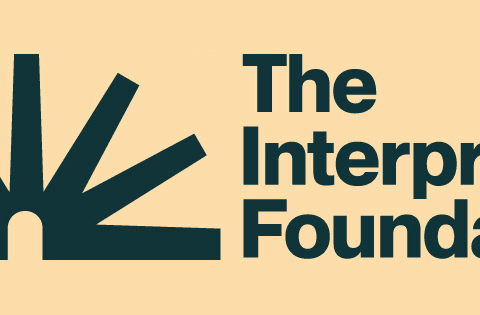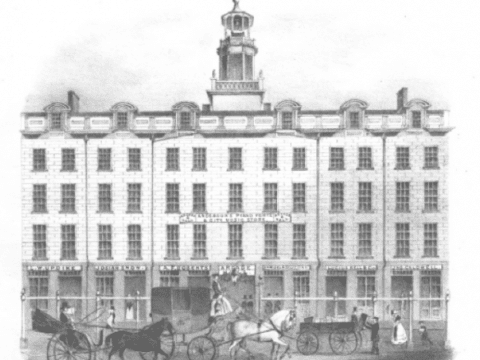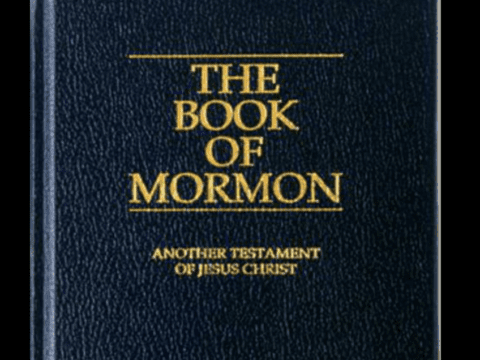Twenty years ago Kevin Christensen introduced Latter-day Saints to the revolutionary work of a unique biblical scholar in the United Kingdom, Margaret Barker. Her message resonated with numerous Latter-day Saint themes, yet she had been largely unfamiliar with the Church until Kevin contacted her and helped her recognize why so many of us find her work fascinating. While Latter-day Saints often respond to her work as adding evidence for the antiquity of the Book of Mormon and various aspects of the restored temple, Barker’s response to reading the Book of Mormon and learning about our perspectives was surprisingly similar. The opening pages of the Book of Mormon struck her as an amazing vindication of her work, revealing the very religious schisms between old and new forms of Judaism that she had discerned from her wide-ranging studies. She saw Lehi as a classic example of the older religion that was being stamped out with violent persecution in Jerusalem. He was part of the old tradition that included prophets seeing God, ascending or seeing the divine council, and knowledge of the Son of God who would be the sacrificial Lamb and Messiah. Though she remains an ordained Presbyterian minister, she has since referred to the Book of Mormon as “our Book of Mormon” and her respect for the teachings, scriptures, and mission of The Church of Jesus Christ of Latter-day Saints is evident.
Was her impact on the Church and its scholars a flash in the pan long since gone dim? I was pleasantly surprised to see how broad her impact has become over the past two decades, as discussed in an outstanding retrospective that Christensen just published in Interpreter. The article is “Twenty Years After ‘Paradigms Regained,’ Part 1: The Ongoing, Plain, and Precious Significance of Margaret Barker’s Scholarship for Latter-day Saint Studies,” Interpreter: A Journal of Latter-day Saint Faith and Scholarship 54 (2022): 1-64
Here is one of many noteworthy passages:
In January of 2012, when Barker spoke at the Orthodox Seminary in Yonkers, New York, my wife and I drove from Pittsburgh to listen. Before the audience was seated, Margaret approached us, saying that “The first thing I said to them when I got here was that if they were serious about studying the temple, they would have to swallow their pride and ask the Mormons, because they have the best scholars on the topic.” The talk she gave, on Jesus as “The Great High Priest,” was very well received by the audience of Orthodox scholars and leaders. The talk needed to be re-recorded for broadcast, and for that recording, the first of two questions Barker was asked concerned Latter-day Saint interest in her work. She noted for the public broadcast, “I have developed a very happy relationship with many top Mormon scholars, really good biblical scholars, who know their temple stuff. And what they come up with and what I’ve come up with is just about identical. So I work with Mormons because, in terms of temple scholarship, they are the best available. Full stop.” (50)
Kevin’s paper and his prior works deserve much more attention, as does the work of Margaret Barker. Her work has errors, certainly, but there are some amazing vistas she is providing into the ancient world that are worthy of contemplation.












Thanks for the comments Jeff. The next twenty years of Barker’s Temple Theology will be interesting as well, in this context as the competing paradigms with regard to how to do scholarship on the Book of Mormon and the Bible, wrestle and strive to attract adherents. Who yearns to reach the tree and savor the fruit, and who wants to play to the Great and Spacious?
I am a retired dentist since 1991; I have been around the sun 93 times in October 2023. I have studied religion all my adult life to the best of my capacity; especially since my retirement. I read two of Margaret Barker’s
books ten or fifteen years ago, but my ability as a religious scholar is too limited to really capture the value in her writings that I knew was there.
Even with my advanced age and loss of erudition, your article has satisfied my need for better understanding of her work as well as the value of your own thoughts. Thank You!
Thanks for the kind words! Wonderful to see people digging in and steadily learning, even long after retirement. Thanks for the great example!